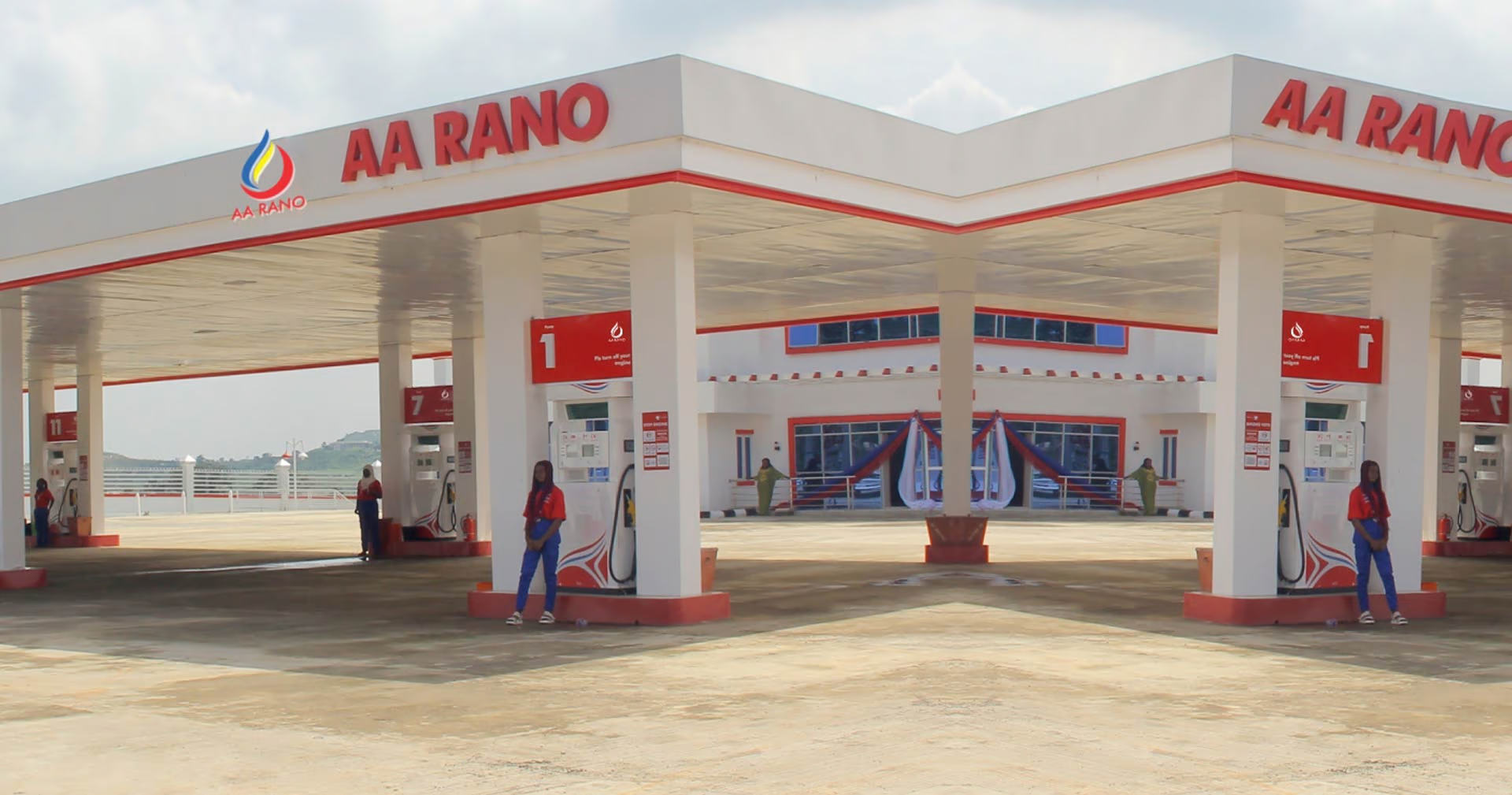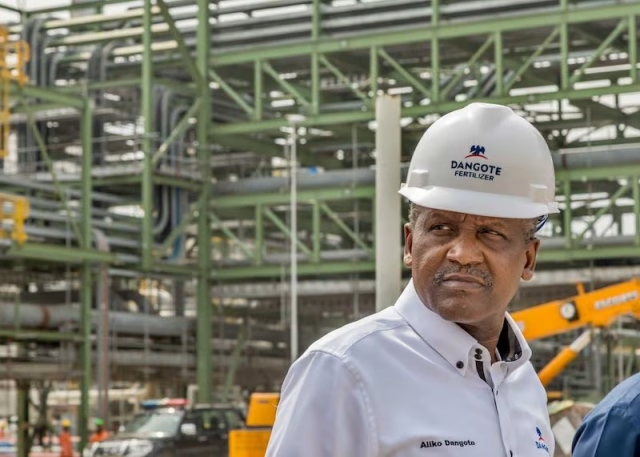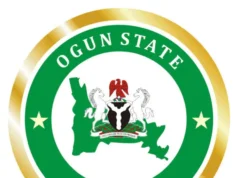Nigeria’s largest oil marketers asked the Federal High Court in Abuja on Wednesday to halt what they said was a Dangote Petroleum Refinery and Petrochemicals FZE conspiracy to hold and control the nation’s energy sector.
The marketers namely; A. A. Rano Limited, Matrix Petroleum Services Limited, and AYM Shafa Limited, insisted that letting Dangote Refinery take control of the oil industry would be a disastrous move for the nation.

This petition is a response they submitted to contest the suit filed by Dangote’s company to revoke the permits the marketers obtained to bring refined petroleum products into the nation.
The marketers were named as defendants together with the Nigeria National Petroleum Corporation Limited (NNPC) and the Nigeria Midstream and Downstream Petroleum Regulatory Authority (NMDPRA) in the lawsuit filed under the filing number FHC/ABJ/CS/1324/2024.
Dangote Refinery had questioned in its lawsuit whether the licenses being granted to these oil marketers to import refined petroleum products on their own were appropriate given that it had not observed any deficiencies in its own business operations.
The Dangote company informed the court that the licenses granted to the defendants should be revoked based on its refinery production of AGO and Jet-A1 which exceeds the current daily consumption of petroleum products in Nigeria.
They also asked the court to grant them N100 billion in damages against NMDPRA for allegedly continuing to provide import licenses to NNPCL and the marketers for the importation of petroleum products into Nigeria.
In particular, among other things, Dangote Refinery requested a court order of injunction prohibiting the first defendant (NMDPRA) from granting and/or extending import permits/licenses to the second through seventh defendants or other businesses to import petroleum products.
Additionally, it requested a court order compelling the first defendant to close all tank farms, storage facilities, warehouses, and stations where the defendants store all refined petroleum products imported into Nigeria.
“An order of injunction restraining the 1st defendant from imposing and demanding a 0.5% levy meant for off-takers of petroleum products directly and an additional 0.5% wholesale levy in favor of MDGIF or any other levy or sum against the plaintiff.”
The three big marketers, however, informed the court in their November 5, 2024, reply to the suit that the plaintiff does not manufacture enough petroleum products for Nigerians’ daily use, claiming that there was no evidence to the contrary.
The defendants informed the court that, following Section 317(9) of the PIA, they were eligible and well-qualified to receive a license from the first defendant to import petroleum products into the nation. As they duly met all the legal requirements.
They contended that giving the plaintiff the monopoly power over Nigeria’s petroleum industry, as it was attempting to do through the lawsuit, would eliminate competitive pricing of petroleum products in the nation, worsen the already dire state of the country’s economy, and cause “and unleash untold hardship on Nigerians, all of which constitute a recipe for disaster in the polity.
“That if Nigeria puts all her energy eggs in one basket by stopping the importation of petroleum products and allowing the Plaintiff to be the sole producer and supplier of petroleum products in Nigeria, with liberty to determine the prices at which it supplies the products, the prices of petroleum products in Nigeria will continue to rise and energy security will elude Nigeria.
“That in the event of any breakdown in or obstruction to the production chain of the plaintiff which stops it from producing Nigeria will be thrown into energy crises as Nigeria does not have the reserves that would last it for the at least 30 days that it would need to order, pay for, freight and import refined products into tanks in Nigeria.
“That amid the glaring absence of any credible and demonstrable proof that the Plaintiff refines and supplies adequate petroleum products for the daily use/consumption of Nigerians, giving the plaintiff judicial imprimatur to be the sole supplier of refined petroleum products to Nigerians, thereby encouraging monopoly in a major aspect of Nigeria’s oil industry, is a recipe for disaster in Nigeria’s energy sector,” the defendants added.
They further said, “The import licenses lawfully and validly issued to them did not in any way whatsoever, cripple the Plaintiff’s business or its refinery. “The import licenses issued to the defendants by the 1st defendant are in line with the provisions of the Petroleum Industry Act, 2021, the Federal Competition and Consumer Protection Act, 2018, and other relevant laws.”
THIS CASE HAS BEEN ADJOURNED TO 20th JANUARY 2025 TO ALLOW OUT-OF-COURT SETTLEMENT BETWEEN BOTH PARTIES.
Join Our Social Media Channels:
WhatsApp: NaijaEyes
Facebook: NaijaEyes
Twitter: NaijaEyes
Instagram: NaijaEyes
TikTok: NaijaEyes





